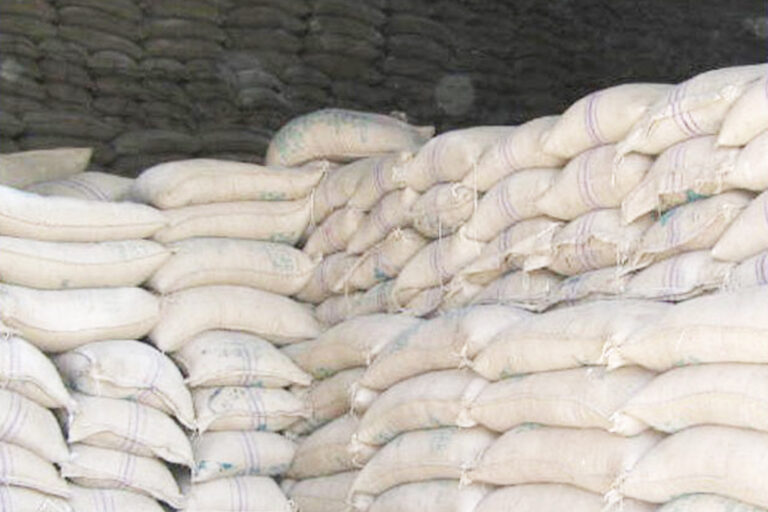Ethio telecom launches pre- commercial 5G services in Addis Ababa in six mobile stations as Ethiopian Communication Authority has been furnished with temporary 5G Spectrum approval to implement the pre-commercial trial of the service.
The full commercialization of the service is said to be dependent on the readiness and demand from the players in the ecosystem and customers’ readiness to use the service.
“Ethio telecom has been a pioneer telecom service provider in Africa. We have been introducing the latest technologies to support the socio-economic development of Ethiopia from its establishment to date whilst playing an enabling role in the overall development of the nation in all weathers,” said Firehiwot Tamiru, CEO of the firm,at the launching ceremonyheld on Monday, May 9, 2022, at Sheraton Addis hotel which was also attended by several senior government officials.
As part of the pre-commercial trial service, Ethio telecom has begun the service in the capital and will expand to 150 sites over the country in the coming 12 months.
The fifth-generation network (5G) characterized by the fastest speed (up to10 Gbs), low latency (less than 1 ms) and massive communication capability (up to 1 million connections within 1 km2), can unlock blazing fast speeds in more places, real-time responses, and massive connectivity. With such high speeds, superior reliability, and negligible latency, 5G will impact industries such as mission-critical services requiring real-time decisions. Manufacturing plants, remote health care, precision agriculture, self-driving vehicles, IoT, and real-time operations will now start to become a reality.
The company is implementing the project using technology from the Chinese technology company, Huawei.At the ceremony, Vice President of Huawei Northern Africa, Benjamin (HouWei) said, “Huawei is honored and delighted to collaborate with Ethio Telecom to launch the 5G network in the capital.”




